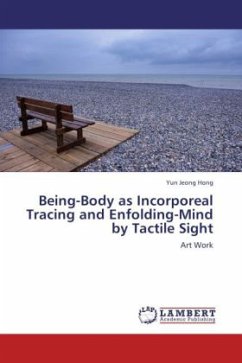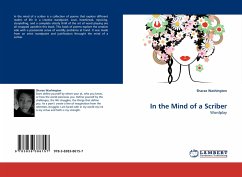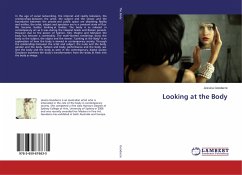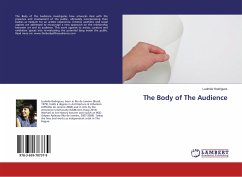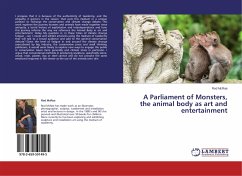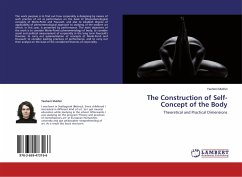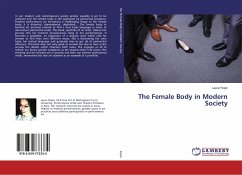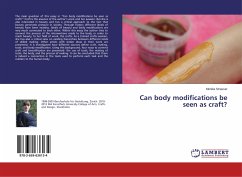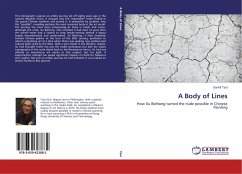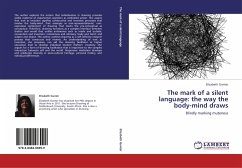
The mark of a silent language: the way the body-mind draws
Blindly marking muteness
Versandkostenfrei!
Versandfertig in 6-10 Tagen
52,99 €
inkl. MwSt.

PAYBACK Punkte
26 °P sammeln!
The author explores the notion that individuation in drawing provides visible evidence of experiential cognition as embodied action. She asserts that trait as enaction signifies constructive and inventive processes that involve the body-mind. Trait emerges as non-representationist, non-expressive component of drawing that marks the pre-conceptual as conceptual. Therefore, drawing functions as a complex interface between drafter and world that unifies antimonies such as inside and outside; convention and invention; remoteness and intimacy; body and mind; and subject and object. The author outli...
The author explores the notion that individuation in drawing provides visible evidence of experiential cognition as embodied action. She asserts that trait as enaction signifies constructive and inventive processes that involve the body-mind. Trait emerges as non-representationist, non-expressive component of drawing that marks the pre-conceptual as conceptual. Therefore, drawing functions as a complex interface between drafter and world that unifies antimonies such as inside and outside; convention and invention; remoteness and intimacy; body and mind; and subject and object. The author outlines drawing as a self-reflexive research process that constructs and invents. An understanding of trait as invention, she proposes, can aid the drawing facilitator at higher education level to develop individual student drafters creativity. She argues for a form of drawing facilitation that is responsive to the complex interaction between self and the world. Responsive mediation develops andcelebrates diversity in socio-cultural heritage, personal history, and individual differences.



